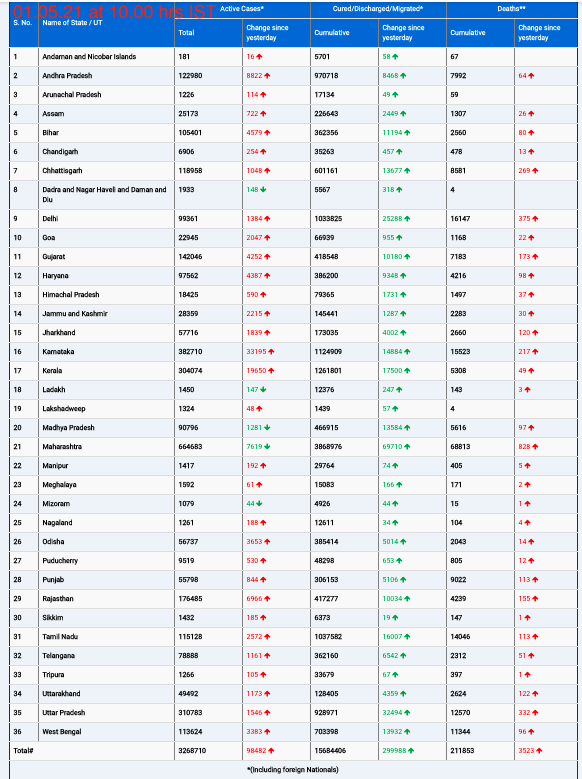In a groundbreaking study published in JAMA Psychiatry, researchers have discovered that high-dose antipsychotics, particularly quetiapine, clozapine, and olanzapine, are linked to an increased risk of pneumonia in patients with schizophrenia. This revelation could significantly impact the clinical practices surrounding the treatment of schizophrenia, highlighting the need for careful consideration of medication dosages.
Study Highlights
A comprehensive analysis was conducted using nationwide data registers, encompassing records from individuals who received inpatient care for schizophrenia or schizoaffective disorder from 1972 to 2014. The cohort consisted of 61,889 patients, with follow-up data beginning in January 1996 for those diagnosed after this date.
Data on drug usage, including dispensing dates, costs, doses, package sizes, and formulations, were meticulously gathered from a prescription register. Additionally, information on dates and causes of death was extracted from the Causes of Death register. The primary focus of the study was hospitalizations due to pneumonia, specifically when pneumonia was the main reason for admission.
Key Findings
Over a 22-year follow-up period, 8917 patients (14.4%) were hospitalized at least once for pneumonia, with 1137 (12.8%) succumbing to the illness within 30 days of admission. The risk of pneumonia was notably higher with the use of high-dose quetiapine (> 440 mg/d, P = .003), followed by high- (≥ 330 mg/d) and medium-dose (180 to < 330 mg/d) clozapine (both P < .001), and high-dose olanzapine (≥ 11 mg/d, P = .02).
The study also found that monotherapy with antipsychotics carrying a high anticholinergic burden was associated with an increased pneumonia risk (P < .001). In contrast, antipsychotic polytherapy did not show a significant association with pneumonia risk.
Clinical Implications
The researchers emphasized the importance of identifying antipsychotic drugs that increase pneumonia risk to better inform prevention programs, such as vaccinations. Additionally, the availability of pneumonia risk estimates for specific antipsychotics can foster more personalized prescribing guidelines, improving patient outcomes.
Limitations and Future Directions
While the study provides valuable insights, it has certain limitations. The investigators could not account for all potential risk factors, such as smoking and lifestyle habits, which may contribute to pneumonia risk in individuals with schizophrenia. Furthermore, pneumonia cases that did not require hospitalization were not included in the analysis, meaning the findings are primarily applicable to severe pneumonia cases.
Funding and Disclosures
This study was led by Dr. Jurjen Luykx from the Amsterdam University Medical Center, Amsterdam, the Netherlands, and was funded by the Finnish Ministry of Social Affairs and Health.
Conclusion
The findings of this extensive study underscore the necessity for healthcare providers to carefully weigh the risks and benefits of high-dose antipsychotic treatments in schizophrenia patients. As the medical community continues to refine treatment protocols, these insights will be crucial in enhancing patient care and preventing severe complications like pneumonia.











